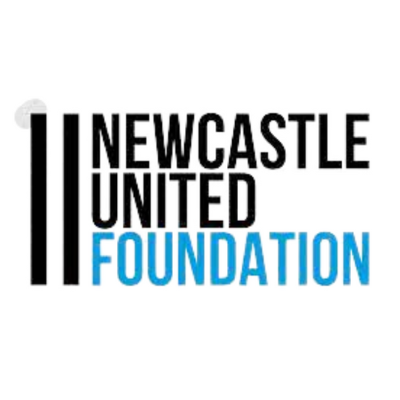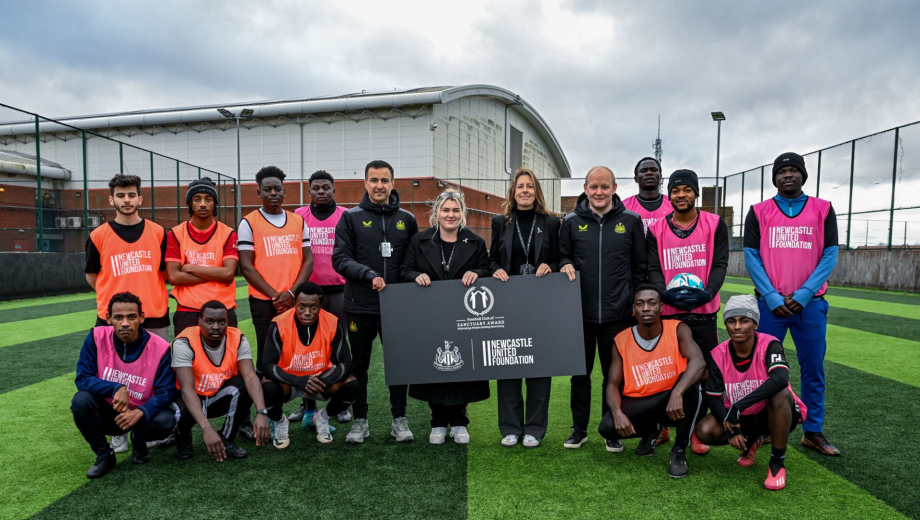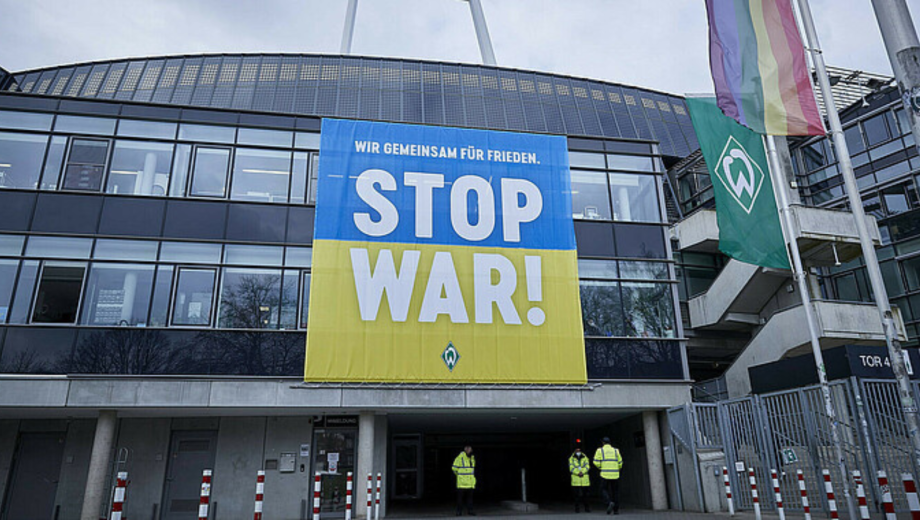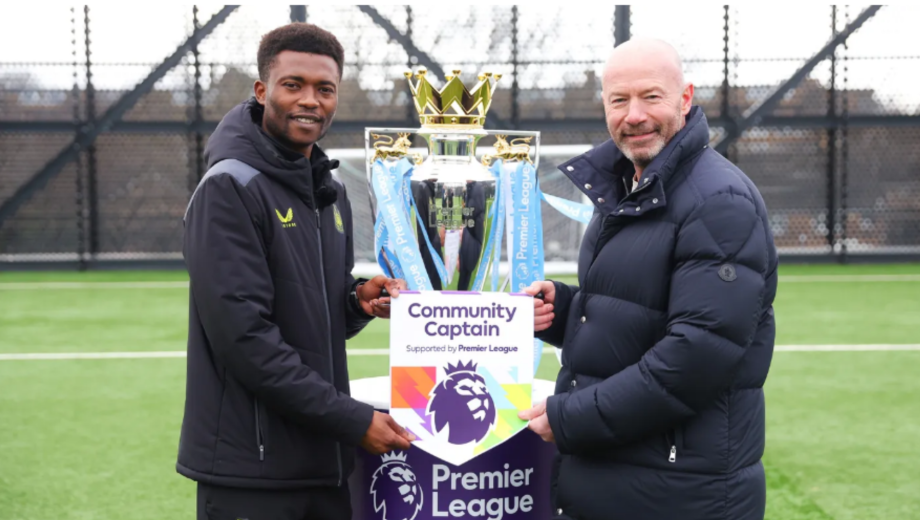Sports and Refugees – A Perfect ‘Match’?
We do not speak the same language, we are from different countries, but the Olympic flag unites us all together; and now we are representing 60 million [people] around the world. We want to do our best to show everyone that we can do everything we can for being good athletes and good people.” Yusra Mardini (member of the 2016 Refugee Olympic team)
Refugee: Definition
The United Nations Convention relating to the Status of Refugees, 1951 (“the Convention”) defines a “refugee” as “someone who is unable or unwilling to return to their country of origin owing to a well-founded fear of being persecuted for reasons of race, religion, nationality, membership of a particular social group, or political opinion.”
A refugee no longer has the choice to return home and thus, ‘home’ for him is wherever he seeks asylum. However, in order for anyone to be able to identify a place as their ‘home’, they need to integrate with the people, place and culture.
Role of sport
Sport, as we all know, simultaneously strokes the embers of competitiveness and unity among people. It is one of those strange phenomenon wherein people come together whilst supporting different teams or players. Everyone who is part of a game, irrespective of their position in the bigger picture- a player, a referee/umpire, a spectator, a cameraman or a zealot perched on a tree on the lookout for a ball to come swooshing from the ground- are one in that moment, engulfed with similar emotions. Perhaps it is this virtue of sport that makes it a social adhesive of sorts.
According to research done by the North Carolina State University, focusing specifically on the role of professional football in the wake of Hurricane Katrina, organised sports can be a powerful tool for helping to rebuild communities in the aftermath of disasters, provided that this is done without “glossing” over serious issues that need to be addressed.
Problems facing the interlinkage of sports and refugees
Some researchers find that by focusing on resolution of such serious problems through sports and the like, the true nature of the problem is overlooked and in fact, may be suppressed.
There is also the technical issue of an overlap between sports and refugees for resources. While the impact of sport in helping refugees is being lauded, ironically, many sports clubs, gymnasiums and local recreation centres are having to give up their spaces, in order to convert them into refugee shelters/camps.
Furthermore, the popularity of sport is often low as compared to education and health, which are given higher priority. Thus, access to funding can be tricky.
Future course of action
The aforementioned points cannot be said to be negative aspects in the strict sense of the term but merely reflect a short-term casualty of circumstances.
It is with this in mind that more such endeavours should be encouraged, not just in places where the crisis is of significant proportion but also at the local level, through volunteerism and participation, for it is at this microcosmic level that truly lasting ties can be built and maintained.
👉 You can find the entire article on sportanddev.org : https://www.sportanddev.org/sites/default/files/downloads/article-sports_and_refugees.pdf
DFB – Football United Against Racism
DFB Foundations Programmes





